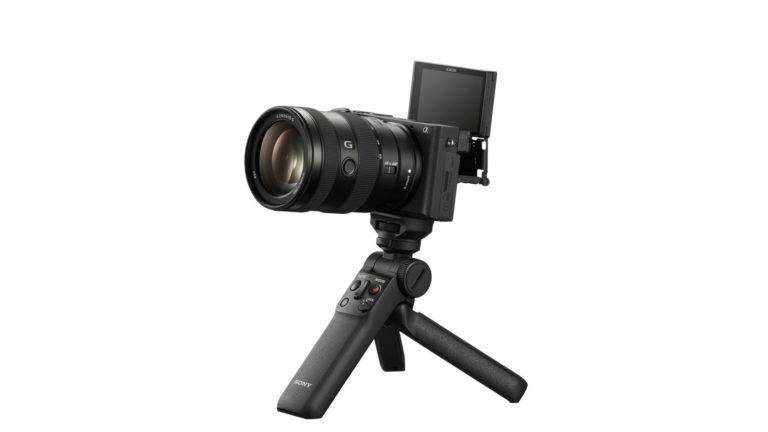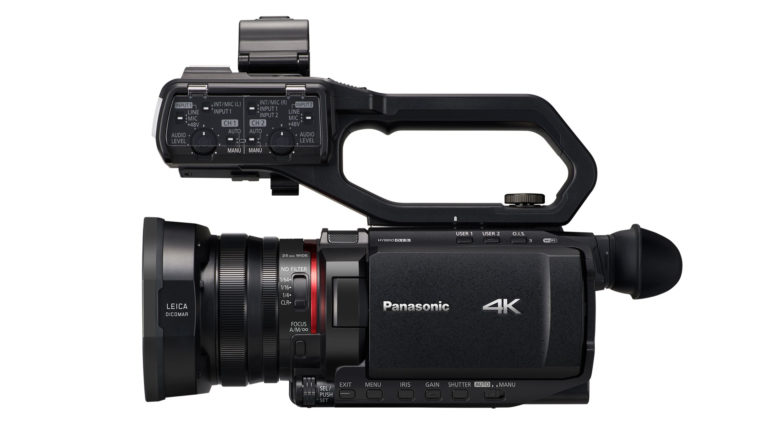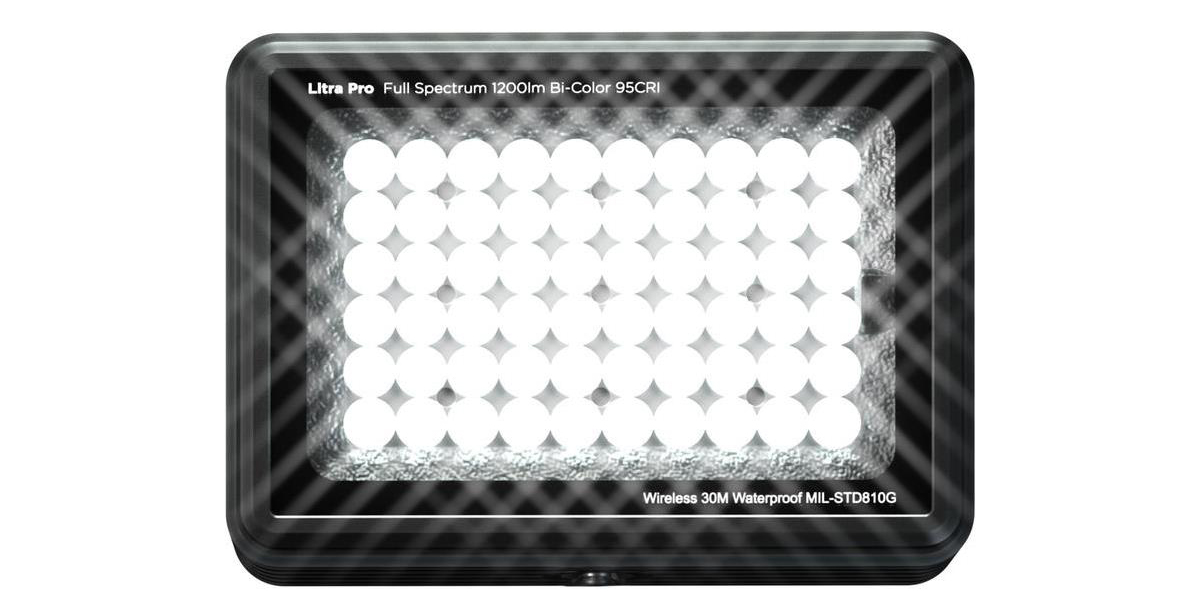of an effects-driven franchise like the Harry
Potter films? First, even Mike Newell, (
Four Weddings and a Funeral, Donnie
Brasco, Pushing Tin and
Enchanted April) accepted what he knew
intellectually, that you can’t improvise with a computer-generated
character. Second, he realized that he was
collaborating with many more people than usual. So
what drew the director to the VFX-laden Harry Potter
and the Goblet of Fire and its necessary rituals of
pre-vis and technical trouble-shooting?

this in one movie… [without doing] violence to a 760-page book. It’s
nearly double the length of the last one, so I looked for a movie
convention that I could use to make it work, and what I found- and this
is why I really did it- was that there’s the most wonderful thriller in
it. It’s like North by Northwest, a story where the
hero begins knowing absolutely nothing about what’s happening to him or
why, and by the end he knows exactly the terrible danger he’s in, and
all those stations along the way where he finds out are very
interesting. So it was the thriller aspect for me.
real as possible. I think audiences are starting to get jaded with CGI.
I didn’t want to make cute, eccentric comments with the effects. What I
did want to do was to make them absolutely real, and I said,‘If dragons
did exist, then we must understand all the aerodynamics.’ It can’t just
turn a corner sharper than is believable. How do we make it fly? So we
did a great deal of work on the dragon, comparing it to effects that
had gone before. There was a kind of realism test that I asked everyone
to go through on these big sequences, which I also applied to the
responses of the characters who are mixed up with these creatures. So
in a sense, I’m more interested in Harry’s response to the dragon than
I am in the dragon itself.
it right till the end. Ultimately we built a 40-foot long animatronic
dragon and combined that with CGI and a huge model of the arena and the
school. That model alone was so huge- also 40-foot high- that it took
up an entire stage at Shepperton. So they shot on that, and began to
make the pre-vises from the drawings. We used animatics of the drawings
sometimes, and sometimes combined animatics with the actual shooting on
the models. Then you’ll sometimes have wire frame versions of the
dragons which are injected into the pre-vis. So nothing’s ever standing
still. It’s constantly moving along.
unwelcome in many ways. Because I’m more of an actor’s director than
anything else, I’d always believed that you should leave a significant
space in a sequence for improvisation on the day. But you simply can’t
do that with a dragon. It’s got to be drawn and computerized, so I was
very bloody-minded and mutinous about it, and used to shout a lot about
being forced into making my mind up much too early. Everyone smiled and
nodded and then took no notice as they all knew it wouldn’t work like
that.
to do this,’ and he’d shot The Chamber of Secrets
and is incredibly experienced. He’s also the man who invented a whole
aesthetic for Brazil, which people have been ripping
off ever since. So I wanted a DP who’d have that kind of visual grip on
it, and someone who, because I was ignorant, wouldn’t simply bully me.
All that was vital as we shot for 192 days, and then there was
additional 2nd unit and blue screen work.
Mick Audsley, the editor, who’s cut several of my films. As kids can
only work four hours a day, you have to set up all the shots with the
stand-ins, and you have to know exactly what you’re going to do. So
from Day One, while all the lighting was setting up and the track rails
were going down, Mick and I were already editing as you have to deliver
pretty finished sequences as you go, so that all the effects people can
start. So the editor becomes a key person as he’s steering the ship in
courses much earlier and in far more detail than normally.
technical processes, and you must maintain your point of view of the
whole. It was tough, but I’d definitely do another Harry
Potter.

Did you enjoy this article? Sign up to receive the StudioDaily Fix eletter containing the latest stories, including news, videos, interviews, reviews and more.









Leave a Reply